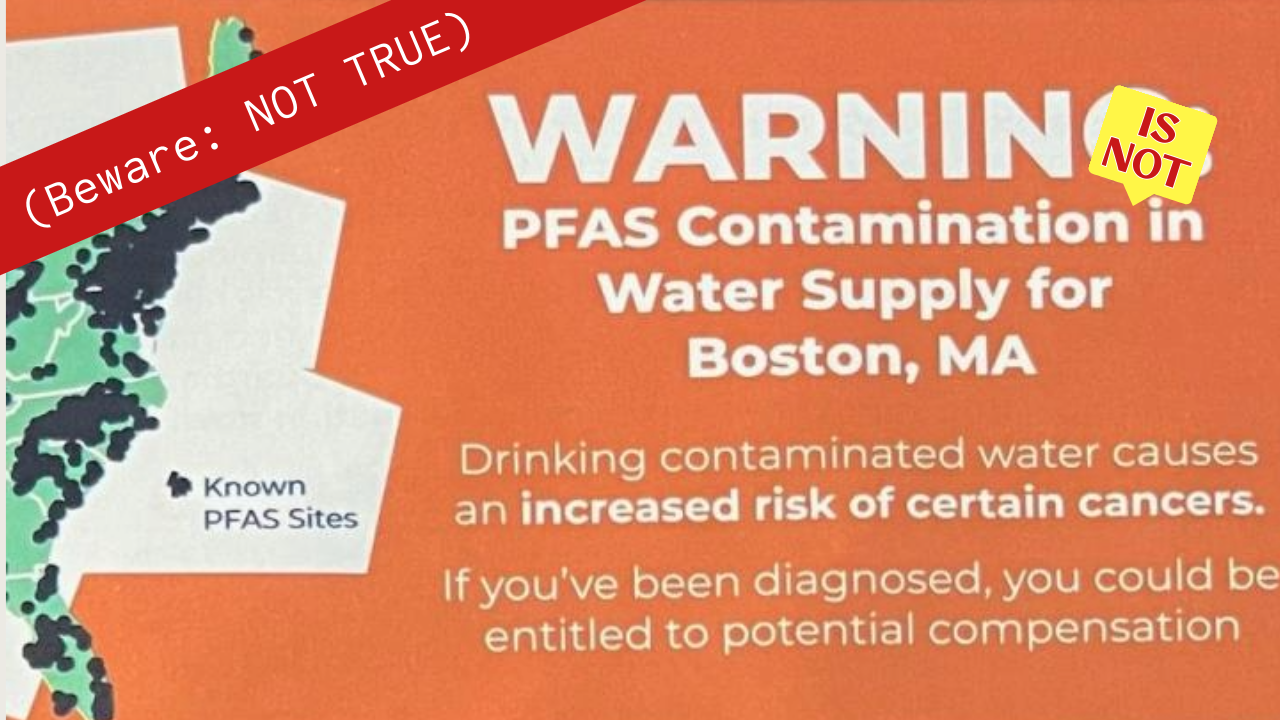 The following is an op-ed written by Executive Director Matthew A. Romero. It was submitted to the Boston Globe for consideration and may be printed in future. If printed, the text may vary from what appears below at the time of posting.
The following is an op-ed written by Executive Director Matthew A. Romero. It was submitted to the Boston Globe for consideration and may be printed in future. If printed, the text may vary from what appears below at the time of posting.
When I opened my ValPak mailer I had no idea the shock I was about to experience within. This familiar envelope with its mixture of coupons and discounts is a frequent flyer in the assortment of bulk mail that still makes its way to many Massachusetts residents via snail mail despite all digital efforts to the contrary. Opening it feels like a combination of both silly – I’m certainly not going to need to re-side my house this week – and expectant – my husband and I scored a great deal at a local sandwich shop that made for a delightful lunch date a couple of weeks ago. What I don’t typically expect to find is an ad alleging that Boston’s water supply is dangerously contaminated and encouraging residents to check their eligibility for joining a PFAS contamination lawsuit, when I know for a fact that the MWRA – the provider for Boston’s water – boasts some of the highest quality source water throughout the country.
As the Executive Director for the MWRA Advisory Board – the state agency tasked as the financial and policy watchdog for the MWRA – I have seen firsthand the level of effort and (sometimes frustratingly) the cost that goes into protecting these water sources. I am frankly offended at this disingenuous scare tactic that undermines the MWRA’s longstanding efforts to protect its source waters to stir up some largely invented controversy for Boston area residents. Boston-area residents and others receiving MWRA water should know three facts before overreacting to this propagandistic flyer:
- Where the flyer is right: PFAS – so called “forever chemicals” – are a major health issue that affect many people nationwide and many water suppliers are affected.
- Where the flyer is wrong: Boston’s (MWRA’s) water sources are some of the least risky source waters for PFAS.
- Before and beyond the flyer: the MWRA and the Advisory Board have been working in recent years to provide a possible solution for communities actually facing PFAS challenges as a potential source of virtually PFAS-free water.
First, the flyer is absolutely right to call out the health risk of PFAS (per- and poly-fluoroalkyl chemicals). These chemicals are found in everything from non-stick pans to furniture to waterproof ski gear. PFAS can cause significant health impacts up to and including cancer. The concerns over these “forever chemicals” have grown so great that both EPA and MassDEP now regulate levels of various compounds.
Second, the flyer is absolutely wrong to indicate that Boston’s (and MWRA’s) water sources are contaminated with PFAS. MWRA tested its source water and found levels so low that they resemble the levels in rainwater – far below the limits set by MassDEP and EPA. In fact, our previous Op-Ed we argued that the MWRA could help other communities address their PFAS concerns due to its high water quality.
Third, the flyer has baselessly damaged the credibility of the MWRA’s water quality at a time when steps are being taken by communities hoping to join the system. MWRA conducted studies to determine the feasibility of serving additional communities across three different regions with a fourth about to begin. Communities are looking to join MWRA not only as a solution for PFAS concerns, but also to unleash the housing and economic development potential that has been held back by the limitations of their local sources. For communities looking to secure local approval for proposals to use MWRA as a solution for their local problems, this flyer’s misinformation is damaging at best and a death knell at worst.
To sum up: PFAS is an extremely serious and very widespread public health concern, the MWRA’s and Boston’s water supplies are virtually PFAS free, and the MWRA and the Advisory Board remain committed to offering high-quality source water for communities looking to address their local concerns regardless of what any fearmongering advertisement may say. That said, I’ll still be clipping the two-for-one lunch special at my local sandwich shop.
